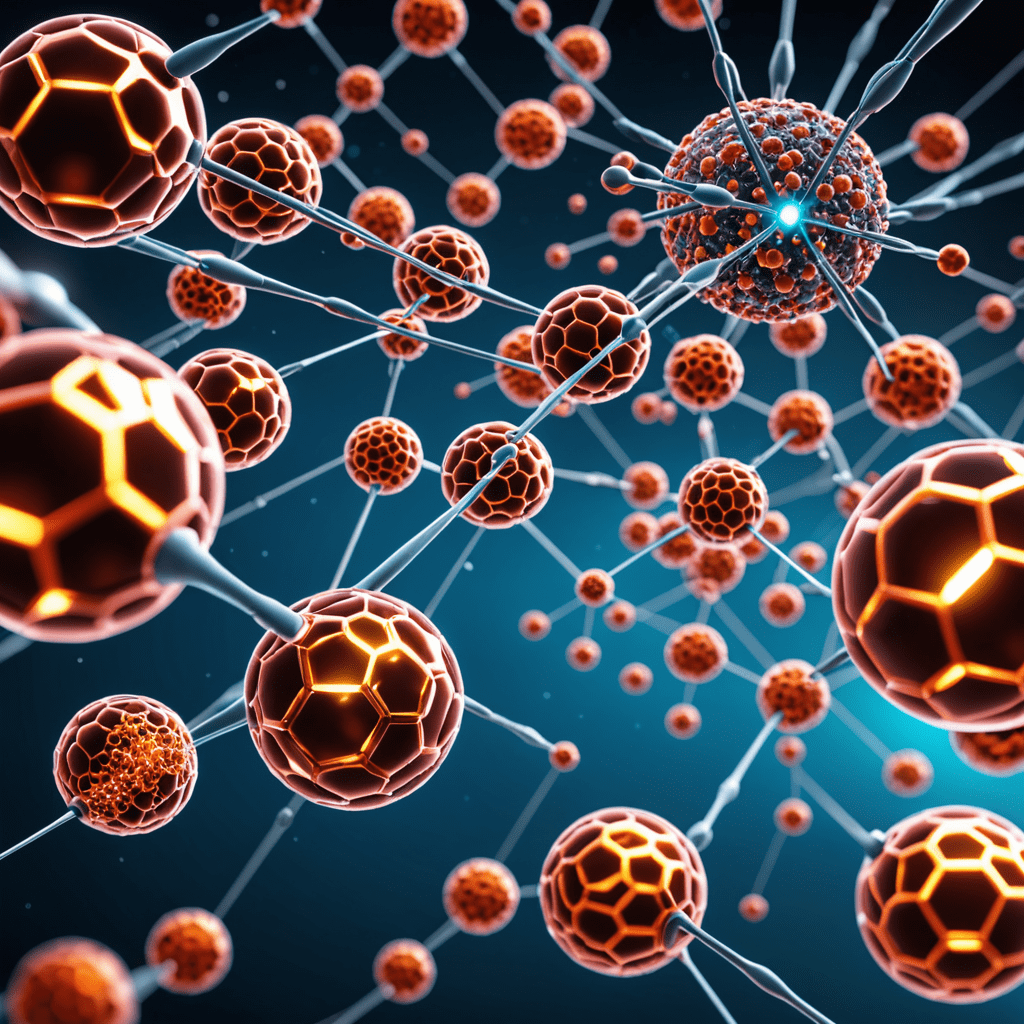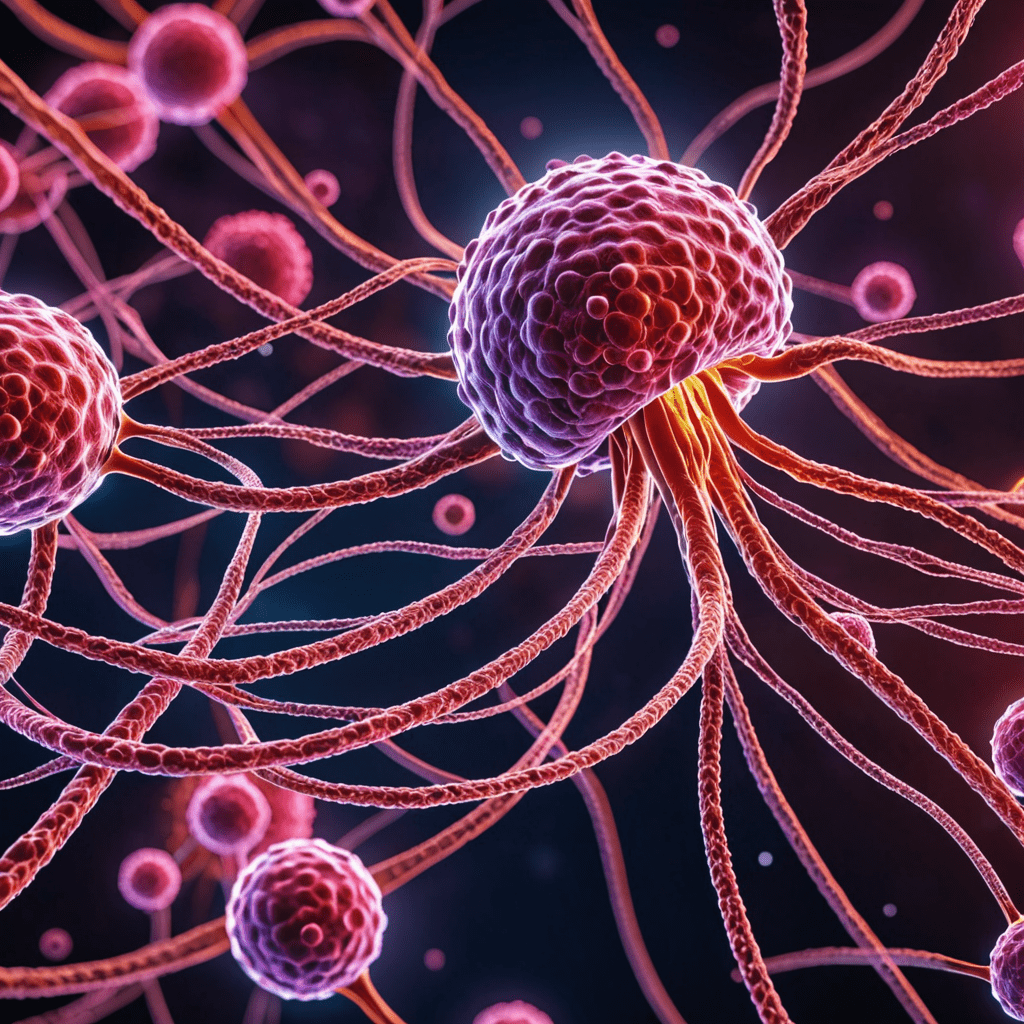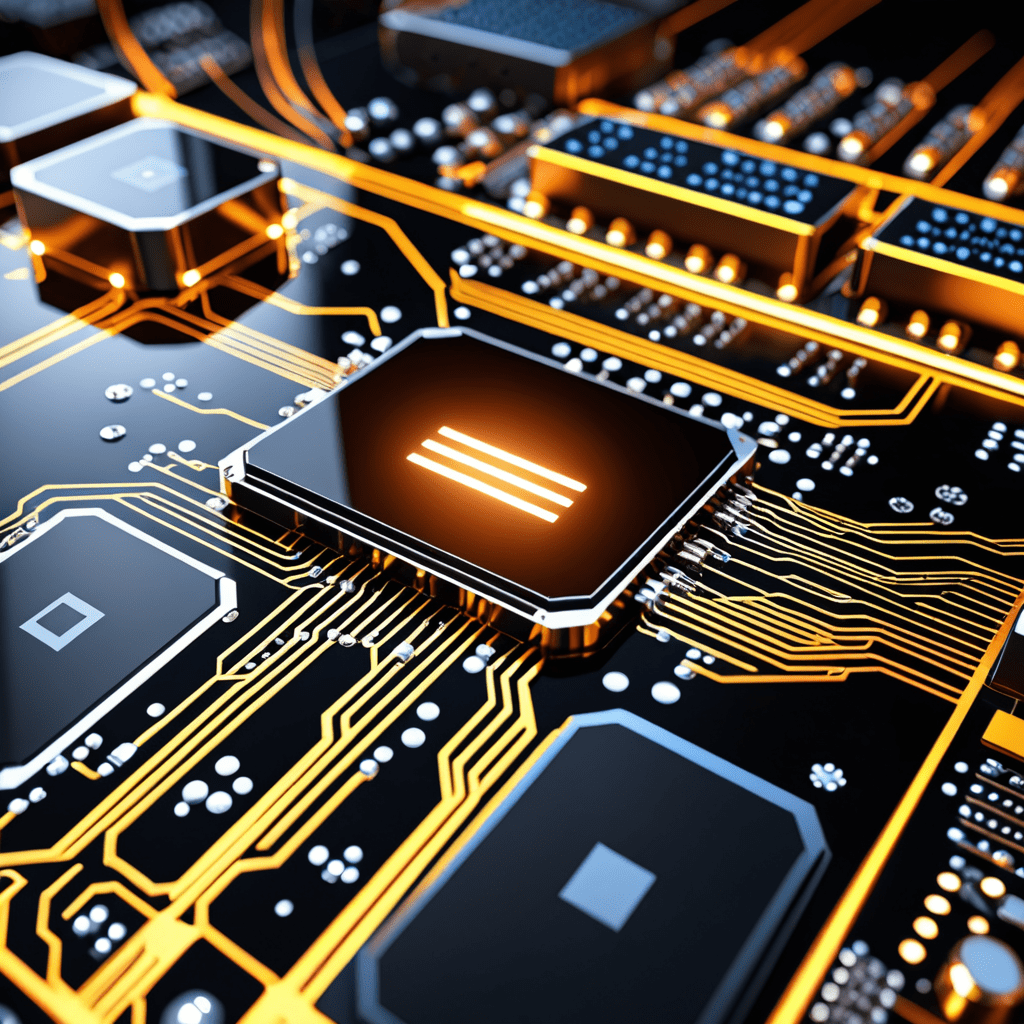
Nanotechnology in Healthcare: Transforming Healthcare with Nanotech
Introduction to Nanotechnology in Healthcare
Nanotechnology has made significant advancements in various fields, including healthcare. It involves the manipulation of materials at the nanoscale, enabling the development of innovative solutions to address healthcare challenges.
Applications of Nanotechnology in Medicine
Nanotech is revolutionizing healthcare through applications like targeted drug delivery, imaging techniques, regenerative medicine, and diagnostics. These precise approaches lead to more effective treatments with fewer side effects.
Nanomedicine: Enhancing Treatment Efficacy
Nanoparticles can be engineered to deliver drugs directly to targeted cells, increasing treatment efficacy and reducing the potential harm to healthy tissues. This personalized approach is a game-changer in healthcare.
Diagnostic Advancements with Nano Biosensors
Nano biosensors enable rapid and accurate detection of diseases at an earlier stage. These advanced diagnostic tools help healthcare professionals make informed decisions for timely interventions and improved patient outcomes.
Nanotechnology in Surgical Procedures
Nanotech innovations have facilitated minimally invasive surgical procedures with enhanced precision and reduced recovery times. Tools and materials at the nanoscale are transforming traditional surgical practices.
Challenges and Future Prospects
While nanotechnology offers promising solutions in healthcare, challenges such as regulatory issues and safety concerns remain. Continued research and collaboration are vital for overcoming barriers and realizing the full potential of nanotech in healthcare.
Conclusion
Nanotechnology is reshaping the landscape of healthcare by providing innovative tools and treatments that offer improved outcomes for patients. As research progresses, the integration of nanotech into medical practice will continue to transform the way we approach healthcare challenges.
FAQs About Nanotechnology in Healthcare
What is Nanotechnology in Healthcare?
Nanotechnology in healthcare refers to the application of nanoscale materials and devices in the field of medicine. These tiny particles have unique properties that allow for precise targeting of cells and tissues, enabling revolutionary advancements in diagnostics, drug delivery, imaging, and treatment methods.
How does Nanotech Transform Healthcare?
Nanotechnology is transforming healthcare by enabling personalized medicine, early disease detection, and targeted therapies. Nanoparticles can deliver drugs directly to diseased cells, reducing side effects and improving treatment outcomes. Additionally, nanosensors can detect biomarkers of diseases at an early stage, leading to timely interventions.
What are the Benefits of Nanotechnology in Healthcare?
The benefits of nanotechnology in healthcare are vast. These include improved drug delivery systems, enhanced imaging techniques for better diagnostics, targeted cancer treatments with reduced toxicity, and the potential for regenerative medicine through tissue engineering. Nanotech also paves the way for precision medicine tailored to individual patients.
Are there any Risks Associated with Nanotechnology in Healthcare?
While nanotechnology presents numerous advantages, there are also potential risks to consider. These may include the unknown long-term effects of nanomaterials on the human body, concerns about environmental impact, and the need for stringent regulations to


